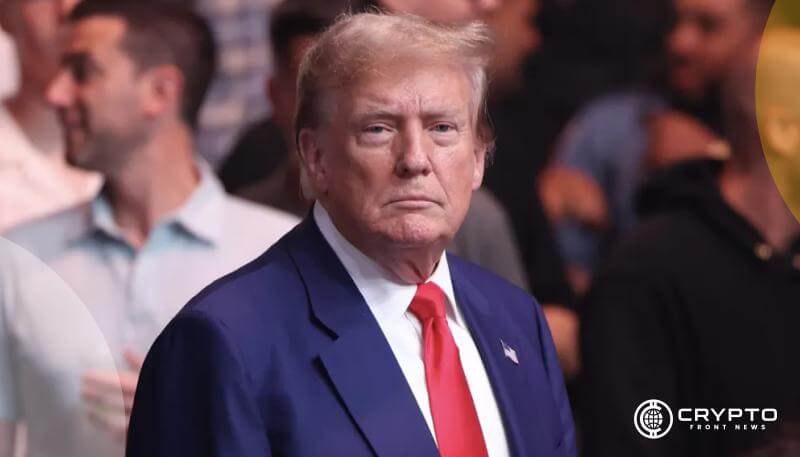- Trump’s crypto policy prioritizes zero capital gains tax for U.S. projects but faces congressional and revenue obstacles.
- Experts emphasize a de minimis exemption as a more attainable goal to simplify crypto taxation.
- U.S.-based crypto may benefit from tax cuts, while foreign projects face a potential 30% capital gains tax.
The crypto community is abuzz over reports of a potential zero capital gains tax on U.S.-based crypto projects. This development comes as the Trump administration makes cryptocurrency a national priority, with an executive order directing the creation of a national digital asset stockpile. While the proposal appears promising for domestic crypto innovation, experts argue that the path to such tax benefits faces significant legal and economic hurdles.
Congress Holds the Key to Crypto Tax Reforms
Dennis Porter, CEO of Satoshi Action Fund, clarified that any decision to remove capital gains taxes lies solely with Congress. He noted that Congress is unlikely to approve such a proposal soon due to the significant loss of government revenue it would entail. Porter’s remarks highlight the administration’s priority on maintaining tax cuts, a cornerstone of Trump’s economic agenda, making sweeping changes to crypto tax policies improbable for now.
Industry leaders suggest pursuing realistic reforms like a de minimis exemption for small crypto transactions. This would exempt transactions under $200, aligning with existing foreign currency exemptions. Eric Peterson, policy director at Satoshi Action Fund, emphasized that such measures could simplify crypto taxation for everyday users. This proposal has gained bipartisan support in Congress, increasing the likelihood of its adoption.
Impact on U.S.-Based and Foreign Crypto Projects
The administration’s focus on domestic crypto projects aligns with Eric Trump’s advocacy for prioritizing “Made in USA” digital assets. Cryptocurrencies such as XRP, Solana, and Hedera could benefit from proposed tax cuts, boosting their competitiveness. Meanwhile, foreign crypto projects may face a 30% capital gains tax, a policy designed to attract global investments to the U.S. but potentially creating significant challenges for international players.
Balancing Innovation and Revenue Goals
The Trump administration’s crypto strategy underscores the need to balance fostering innovation with addressing economic realities. While a zero capital gains tax remains unlikely, incremental changes like the de minimis exemption could pave the way for meaningful progress. These developments highlight a growing recognition of the crypto sector’s significance in shaping the U.S. economy.





